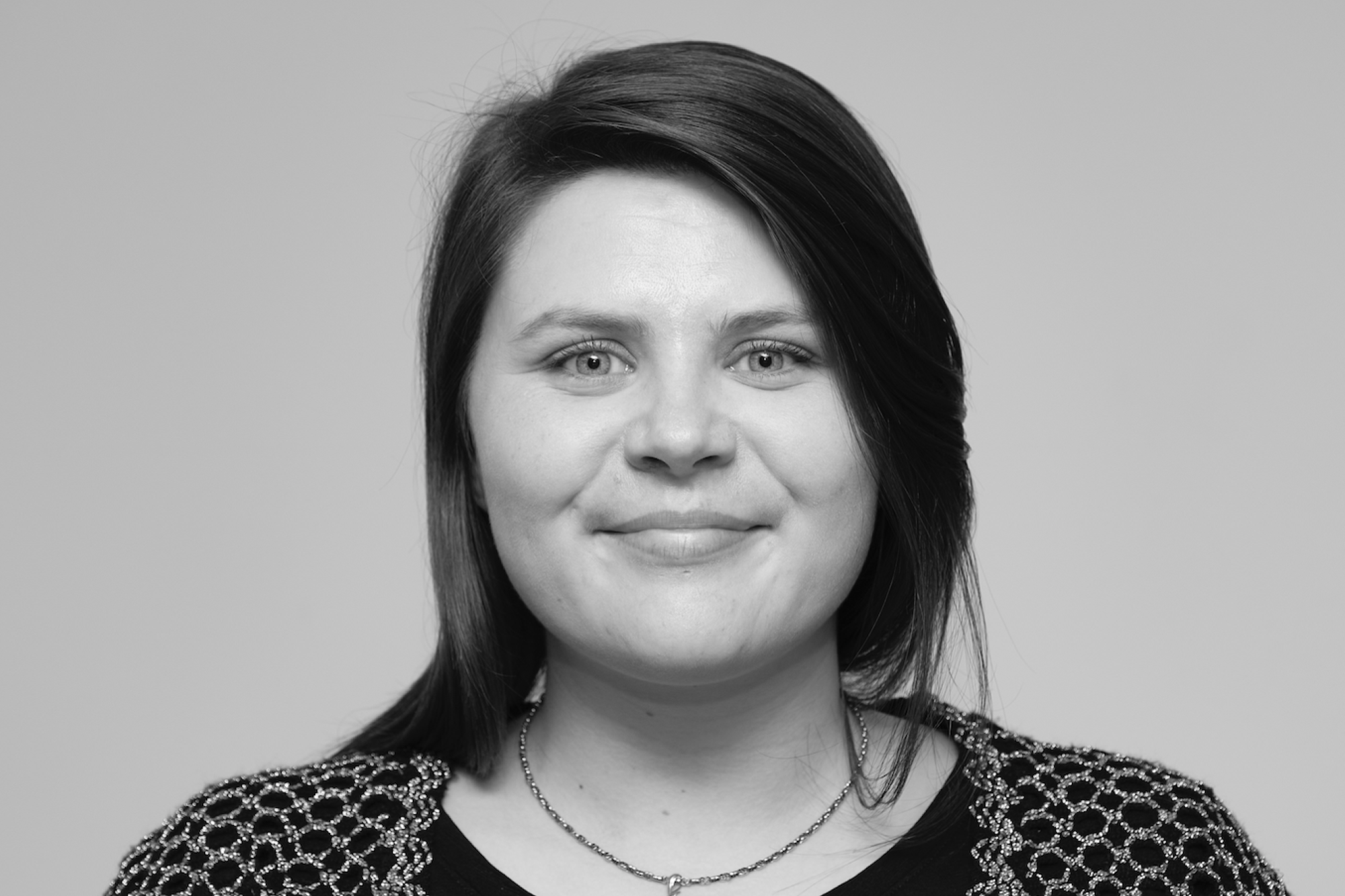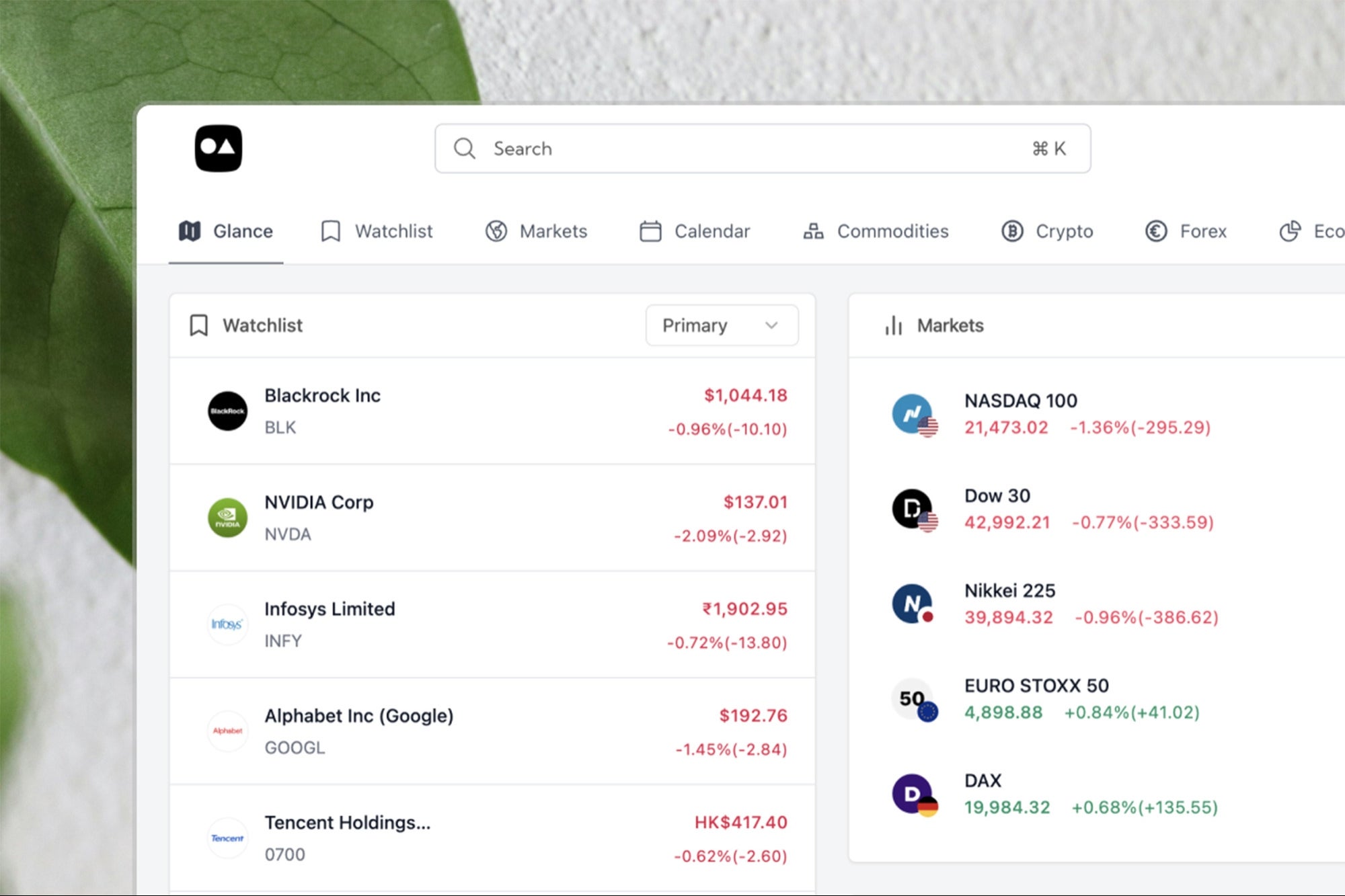Why it's time organisations address addiction in the workplace For Alcohol Awareness Week, Serena Palmer discusses why companies can't ignore the realities of addiction on their teams
By Serena Palmer Edited by Patricia Cullen
Opinions expressed by BIZ Experiences contributors are their own.
You're reading BIZ Experiences United Kingdom, an international franchise of BIZ Experiences Media.

"You don't look like an alcoholic." This is a comment I've heard countless times since opening up about my recovery, and it speaks volumes about the pervasive misunderstanding of addiction. As Alcohol Awareness Week (7-13 July) approaches, its theme of "alcohol and work" couldn't be more pertinent.
Recent research (for example an article in May 2025 from BUPA) suggests one in three workers admit to on-the-job substance use or addictive behaviour, with 15% specifically engaging in alcohol consumption during work hours, and almost half using these behaviours to cope with professional stress. However, these figures, while concerning, are likely just the tip of the iceberg. The reality is that addiction, particularly alcoholism, is an epidemic among professionals and executives. This hidden crisis, often overlooked or misunderstood, is profoundly impacting our workforce, and as a coach, speaker and talent strategist, and someone with a deeply personal journey through addiction, I believe it's time for organisations to confront this issue head-on. The urgency is further underscored by the grim reality that in 2023, there were a record high of 10,473 deaths from alcohol-specific causes registered in the UK, according to the Office for National Statistics.
The corporate world often operates under the myth of "having it all together". We celebrate high performers and driven individuals, yet beneath the polished exterior, many are wrestling with significant personal battles. My own story is a testament to this: by day, a successful leader; by night, trapped in a spiralling addiction to alcohol fuelled by undiagnosed ADHD. This double life, sustained by masking and a relentless drive to achieve, ultimately led to burnout and rock bottom.
Addiction doesn't discriminate based on your job title, salary, or perceived success. In fact, research from Scottsdale Recovery Centre , points to "high-level executives are more prone to developing addiction". With alcohol abuse leading the charge, followed by drug abuse, gambling, and sex addiction it is clear that addiction is on the rise and yet out of those professionals who admit to addiction issues 51% believe stigma prevents people from seeking help at work.
There's also the insidious rise of "socially acceptable" addictions like over-exercising, which, while seemingly healthy, can be another form of escape. High-pressure work environments, with their constant connectivity and demand for perfection, can become breeding grounds for these behaviours.
So, why are so many organisations still ill-equipped to address this reality? The answer lies largely in the pervasive stigma surrounding addiction. The public perception of an "alcoholic" has remained largely unchanged for decades, often aligning with the outdated stereotype that was already being challenged in The Big Book of Alcoholics Anonymous, first published in 1939: someone visibly struggling, often homeless or dysfunctional. This persistent, inaccurate image prevents people from recognising addiction in their colleagues, friends, and even themselves, especially when it manifests in high-functioning individuals. Furthermore, secondary shame – the embarrassment felt by family members, colleagues, or partners – often silences honest conversations, perpetuating the cycle of denial.
It's time for a paradigm shift. Organisations must expand their corporate wellbeing agendas to explicitly include addiction, moving it from a hidden "dirty little secret" to an open conversation.
Here's how leaders can begin to break the stigma and cultivate a truly empathetic and supportive workplace culture:
- Foster Open Dialogue and Challenge Stereotypes: Dedicate platforms, like internal awareness campaigns or workshops, to openly discuss addiction. Challenge the ingrained stereotypes by sharing diverse stories and facts about who addiction affects. As I've experienced, seeing someone "normal" with a professional career openly discuss their recovery can be profoundly impactful.
- Invite Lived Experience into the Workplace: Bring in individuals in recovery to share their stories. This isn't about "fixing" employees, but about normalising the conversation and demonstrating that recovery is not only possible but can lead to profound personal and professional growth. Their honesty can serve as a lifeline, allowing others to feel seen and less alone.
- Integrate Addiction into Mental Health Support: Ensure that addiction resources are not hidden away in obscure EAP flyers in the toilets. Instead, actively integrate them into broader mental health and well-being programmes. Make it clear that seeking help for addiction is as valid and supported as seeking help for anxiety or depression.
- Equip Leaders with Empathy and Awareness, Not Solutions: Train leaders not to be diagnosticians or "saviours," but to understand the complexities of addiction and the importance of professional help. Focus on equipping them to create a safe space for disclosure, to listen without judgment, and to confidently direct employees to appropriate, confidential support services.
- Champion a Culture of Self-Compassion and Growth: Recognise that addiction is an illness, not a moral failing or a lack of willpower. By fostering a culture that embraces self-compassion and views challenges as opportunities for growth, organisations can create an environment where employees feel safe enough to admit their struggles and embark on their recovery journey.
Creating workplace cultures rooted in empathy and support requires a multi-faceted approach. Firstly, leaders must lead by example, demonstrating vulnerability and openness about mental health struggles, including addiction where appropriate. This signals to employees that it's safe to be authentic. Secondly, invest in comprehensive training for all staff, not just HR, on the nuances of addiction – moving beyond stereotypes and focusing on understanding it as a complex illness. This education should be consistent and reinforced, not a one-off session. Thirdly, establish clear and confidential pathways for support, ensuring employees know exactly where to turn without fear of reprisal. This could involve dedicated internal champions, external partnerships with addiction specialists, or easily accessible digital resources. Finally, foster a culture of curiosity and non-judgment. Encourage employees to approach colleagues with concern and empathy, rather than making assumptions or isolating those who might be struggling. This collective responsibility creates a safety net where individuals feel empowered to seek the help they need.
Breaking the shame around addiction in the workplace isn't just a moral imperative; it's a strategic one. When employees feel supported and understood, their potential is unleashed, leading to more resilient, engaged, and ultimately, more successful organisations. It's time to take off the mask and address this vital conversation.












